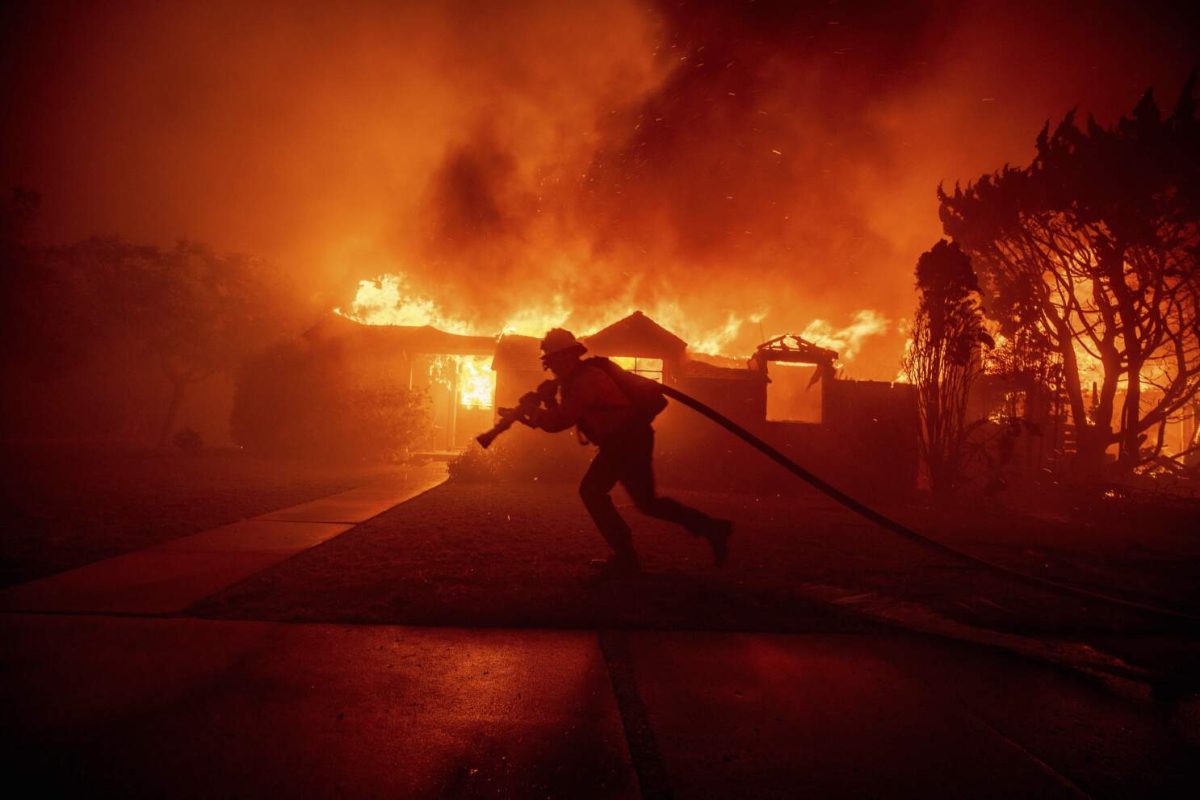The graduation requirements that have set the minimum standards for WHS students for the past several years are now under review by a committee that hopes to reform past problems as well as bring our requirements closer to those recommended by the state. The committee found that WHS’s requirements varied from Massachusetts’ recommendations in the areas of math, foreign language, physical education, and electives; and the committee has made looking into these deviations one of its major objectives. At their meeting on November 18, the committee voted on their final proposal, which they hope to have passed by December so that it may be implemented for the next school year.
The diversity of reforms that were discussed by the committee reflects the diversity of its members, as representatives were taken from guidance, administration, each department, and the student body. Even with this broad representation, Vice Principal Stephen Imbusch still intends to present the committee’s proposals to the entire staff before moving any further with the reforms. “I think it’s important that the staff get a chance to speak their minds in case the departments aren’t all together on this,” Mr. Imbusch said. After the staff is given this opportunity, the committee’s proposals must then be passed by the school council and finally by the school committee before they can become official WHS policy.
Of the issues that were reviewed, the one that was most hotly debated was the elective requirements. Much of the debate over electives stemmed from the difficulty students have had fulfilling the current unified arts requirements. Two of the student representatives on the committee paid to take college courses in order to satisfy their requirements, and many other students at WHS have faced similar problems due to the two-year unified arts requirement. Part of the problem with unified arts is that Film, TV Productions, and Journalism are classified as English electives, which does not allow them to count for English credit or for unified arts credit.
In addition to changing the status of these classes, many members of the committee advocated greater changes to the entire structure of electives at WHS. The committee has agreed to abolish the “unified arts” title in favor of a broader “electives” category. In terms of requirements, they are proposing that students be required to take a minimum of three years of electives, but they have to be from at least two different categories of electives, for example Music and Business. To help solve last year’s issues, Journalism, TV Productions, and Film will compose their own “Media Studies” category; but Creative Writing and Intro to Film Studies will remain English electives. The philosophy behind this proposal is that it would give students greater exposure to different subject areas. Mr. Imbusch, a proponent of this model, said “my opinion is that students should be required to ‘dabble’ in areas that they may not necessarily take if left to their own devices. My feeling is that you shouldn’t be majoring in anything in high school; you should be trying things out.
Part of Mr. Imbusch’s justification for this requirement is that he believes WHS is a comprehensive high school rather than a college-prep school, and as such it should prepare its students for futures that may not include attending college. “If and when every student graduates and goes to college, I will consider Walpole High a college-prep school,” Mr. Imbusch said. “Until then, we need to be cognizant that students are doing other things after high school, such as joining the armed forces or entering the workforce.”
Some members of the committee, however, fear that the new proposed requirement could limit students’ ability to study two languages in high school or their ability to take elective classes that build on each other, such as AP Art, which obliges three years of art as a prerequisite. Ryan McGuill, a senior on the committee who had difficulty fulfulling his elective requirement because he takes both French and Latin, believes the new proposed requirement would create similar problems for students. “It would create a much stricter schedule and could hinder students who are trying to double up on languages,” said Ryan.
Many alternatives to the three-year elective requirement were proposed to address the issue of elective requirements, particularly by teachers of elective courses. As these teachers have witnessed the Music department dwindle over the years and saw the retirement of two unified arts’ department heads without replacement, it was difficult for many teachers of elective courses not to feel like they were fighting for job security as they debated over graduation requirements. Despite this anxiety, Mr. Imbusch said he urged members of the committee to stay focused on making changes that are in the best interests of the students: “I keep reminding teachers to stop thinking about their subjects.”
Mr. Imbusch has also had to remind teachers to stop thinking about what they did in high school. “We need to get students ready for the twenty-first century,” he said. Part of preparing students for the twenty-first century means having graduation requirements that are “more forceful in dealing with issues in our society such as obesity,” said Mr. Imbusch, which is where the physical education requirement fits in. The committee’s biggest proponent of an increased physical education requirement was physical education teacher Quinn Geary; however, many other committee members agreed that Walpole’s requirement needs to get closer to the state’s recommendation of four years. The committee’s final decision was to propose requiring at least one semester of physical education for each student with no option of using an academic waiver for exemption. Also, the class will meet five out of the seven days in the cycle rather than two out of seven as it currently stands.
In addition to disparities with physical education requirements, WHS’s current foreign language and math graduation requirements stray from the state’s recommendations. The committee has decided to propose increasing WHS’s foreign language requirement from one to two years to match the state’s recommendation; however, they are not proposing to increase the math requirement to match the state’s recommended four years. Some members on the committee feel that our present math standards are sufficient because a state mandate is already in place requiring students who score between 220 and 238 on their Math MCAS to continue to take math classes until they score above that range.
Despite the plethora of proposed changes that were discussed, the committee proceeded with extreme caution and realized that drastic changes were impractical . Mr. Imbusch said, “you’re not going to see huge changes, because even the smallest change will affect other things in the school and the schedule.” Furthermore, it is still undecided when the proposed changes would be implemented. “Some of the changes would be phased-in,” says Mr. Imbusch, “while others may be retroactive, affecting the incoming Sophomore Class possibly.” Any retroactive changes will be carefully made to ensure that students are not negatively impacted by the changes to the existing requirements. “We want to make sure there aren’t any students who would have scheduled their classes differently had they known the requirements would change,” said Mr. Imbusch. “We want to be very careful not to hurt students with this.” Some of the changes may not even be implemented until several years down the road.
After struggling to reconcile their own differences, the committee must now hear the ideas of the staff, school committee, and school council as they attempt to approve a new set of reforms by December.












